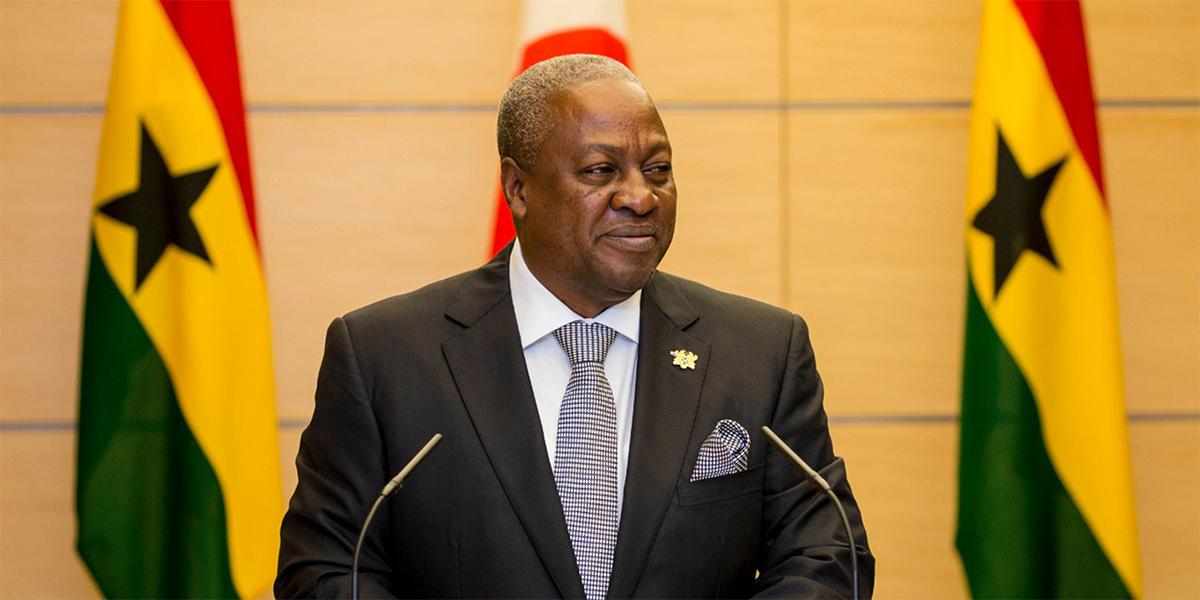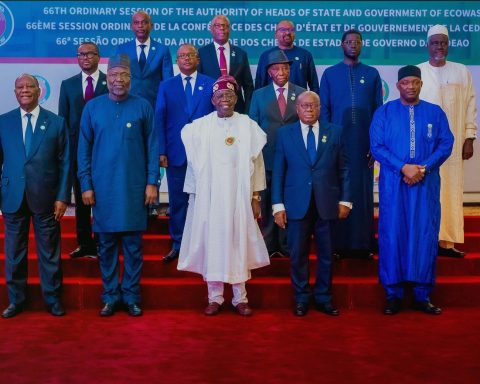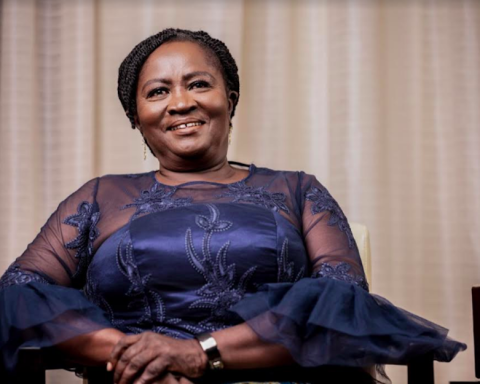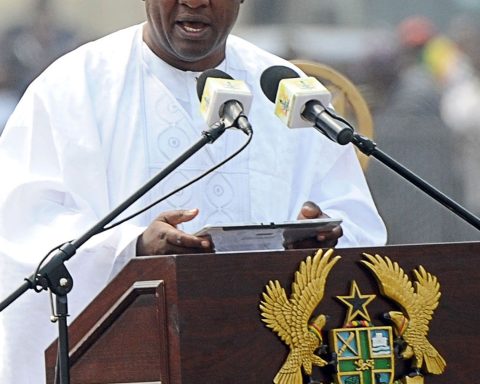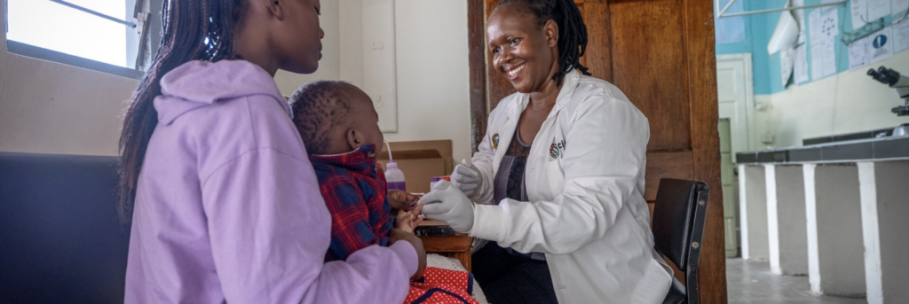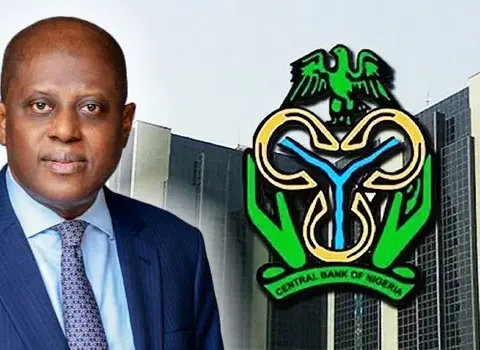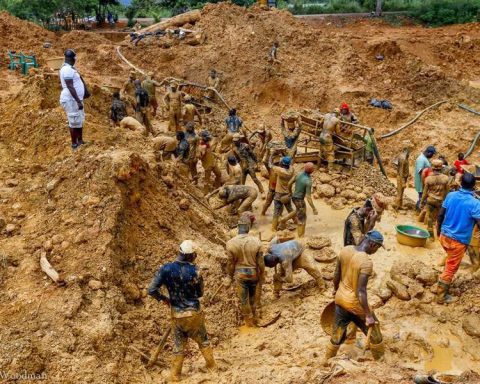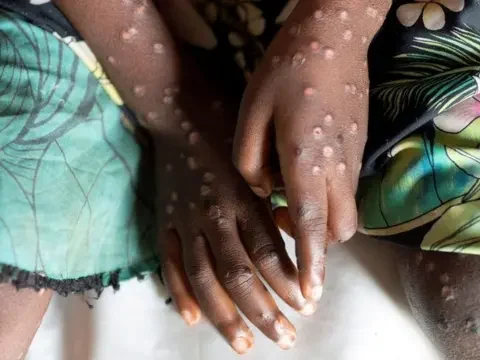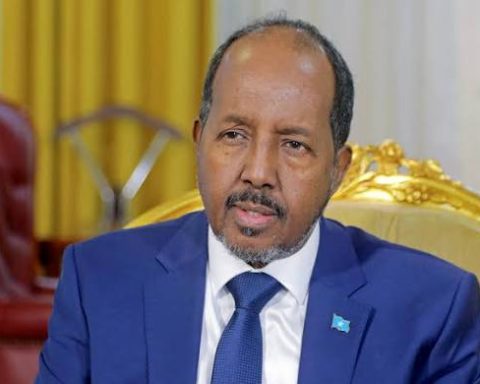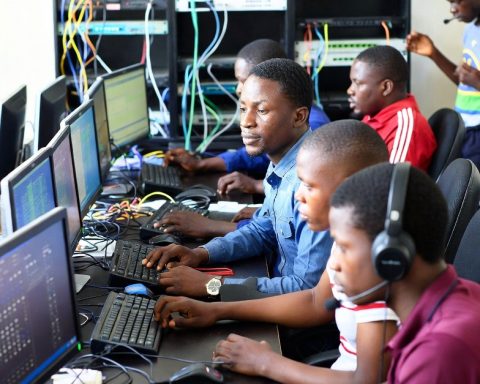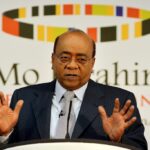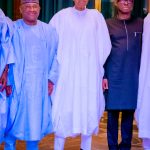The 2024 Ghana’s election held on December 7, has taken a tumultuous turn despite the peaceful voting process initially celebrated as a hallmark of the nation’s thriving democracy.
Former President John Dramani Mahama of the National Democratic Congress (NDC) emerged victorious over his main rival, Vice President Mahamudu Bawumia of the New Patriotic Party (NPP), who has since conceded defeat. However, the country is now grappling with post-election violence that threatens its peace and stability.
Join our WhatsApp ChannelThe Ghana Police Service announced on Wednesday that 115 individuals have been arrested in connection with incidents of violence, vandalism, and looting across the country. The unrest has cast a shadow over Ghana’s reputation as a beacon of democracy in Africa, with both the NDC and the NPP blaming each other for the chaos.
READ ALSO: Ghana Decides: Mahama Makes Historic Comeback As Bawumia Concedes Defeat
Justin Frimpong Kodua, General Secretary of the NPP, accused the NDC of orchestrating violence at collation centers, intimidating electoral officials, and forcing results to be declared in their favor. NPP Member of Parliament Alexander Afenyo-Markin further alleged that the NDC’s actions were an attempt to destroy evidence to prevent the NPP from contesting the results in court.
In response, the NDC has denied these allegations, instead pointing fingers at disgruntled NPP supporters for fueling the unrest. Malik Basintale, Deputy Communications Officer for the NDC, claimed that the perpetrators were grassroots members of the NPP, frustrated by unfulfilled promises. “Many of their members are venting their frustrations by ransacking offices and causing havoc,” he stated. The NDC has called on the NPP to rein in its supporters and respect the democratic process.
Amid the tensions, leaders from both sides of the political spectrum, civil society organisations, and religious bodies have appealed for calm. Outgoing President Nana Akufo-Addo emphasized the need for tolerance and collaboration, urging citizens to prioritize national unity over political differences. “Respect and tolerance are the core values that define us as Ghanaians,” he said.
President-elect John Mahama, in a live broadcast, appealed to the youth to avoid violence and focus on rebuilding the nation. “Let us not harm our institutions or our democracy. Instead, let us channel our frustrations into constructive efforts to create a better Ghana for all,” Mahama urged. He also pledged to restore trust between the government and its people, promising an inclusive administration.
The Ghana Catholic Bishops’ Conference also issued a strong statement condemning the unrest, highlighting the loss of lives, destruction of property, and deepening divisions. They called for a renewed commitment to non-violence and dialogue, urging citizens to work together for the collective good.
Vice-president Bawumia asked citizens to work together to fight poverty not each other.
Ghana, often celebrated for its peaceful democratic transitions, faces the critical task of addressing grievances while ensuring the integrity of its institutions. The immediate challenge lies in calming tensions and fostering dialogue between opposing parties, a vital step toward maintaining the country’s hard-won reputation for democratic stability which it has maintained since returning to democracy in 1992.


